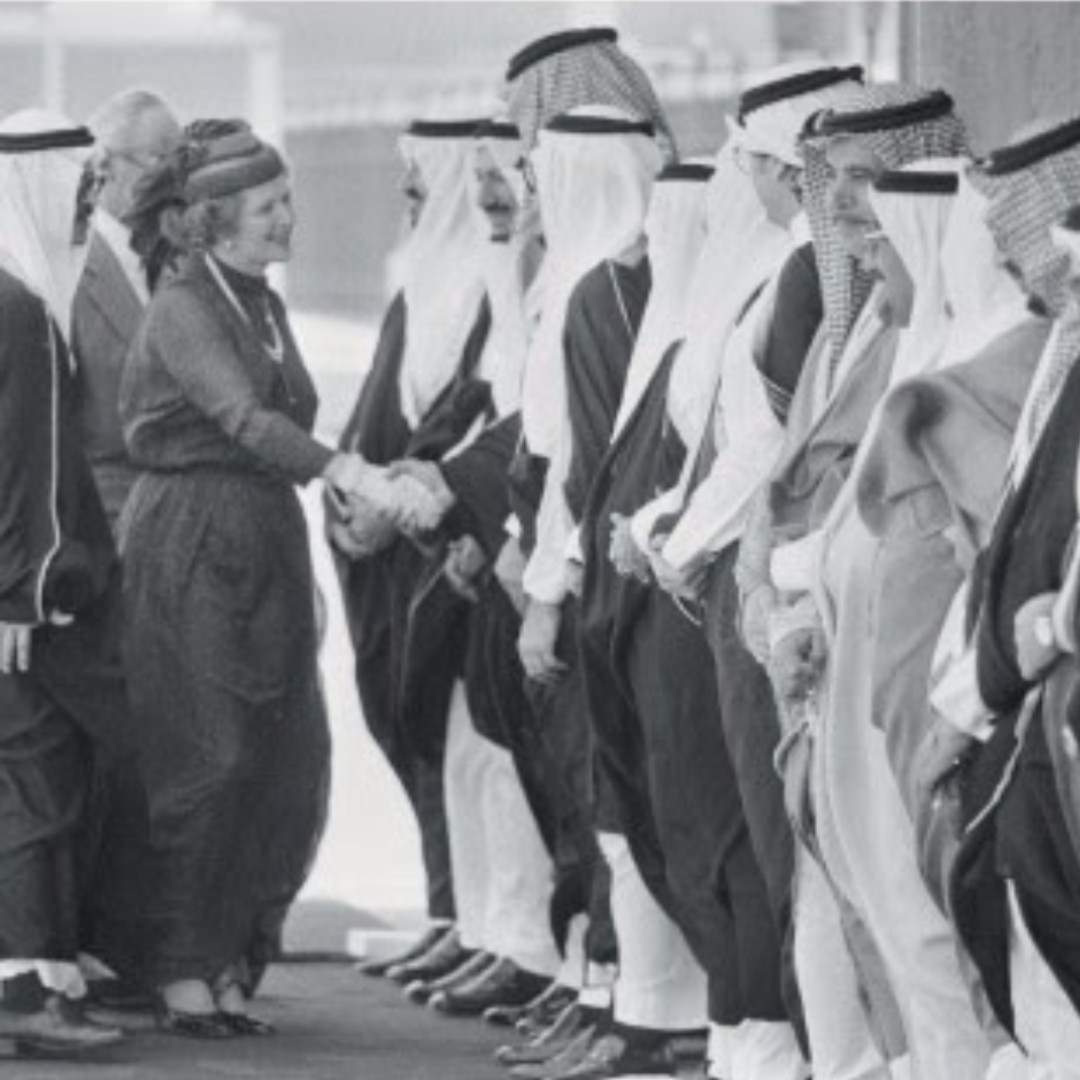A consistent strand of Margaret Thatcher’s Middle East policy was preserving regional stability as this was vital to ensuring that Moscow could not expand its influence and become a threat to Western interests.
Thirty-six years on and a resurgent Russia is once again dominant in the Middle East. Unfortunately, while Margaret Thatcher has been proved right on this score, Azriel Bermant – the author of a new book (Margaret Thatcher and the Middle East, Cambridge University Press, October 12th) – warns that Theresa May is in danger of undermining that Prime Ministerial & Conservative Party legacy due to Brexit and also the strategic misstep of her immediate public support of and supplicant friendship with President Trump.
Today with Brexit, Britain is increasingly dependent upon the United States, and therefore has even less influence than it did during the Thatcher period.
Ultimately, Thatcher sought to save the moderates of the region, and though publicly in lock step with US Middle East policy, she was privately furious yet influential with the Reagan administration. However, there are now worrying signs that the Trump administration is making the same mistake in the Middle East without Theresa May having any status or influence to temper wilder decision making. Now that Islamic State appears to be defeated, there is a danger that Washington could retreat from the region and leave a dangerous vacuum that the Russians and Iranians will be quick to exploit.
While the conflict in Syria demonstrates that the Arab-Israel conflict is peripheral to the present turmoil afflicting the region, various ideological forces, like the Soviet Union in an earlier era, are exploiting the unresolved conflict with the potential for further mayhem in the region.
If Theresa May is to become any kind of heir to Margaret Thatcher, when it comes to Middle East diplomacy, she urgently needs to learn the lessons of history to articulate and assert a distinctive British foreign policy, free of Brexit dependencies.






